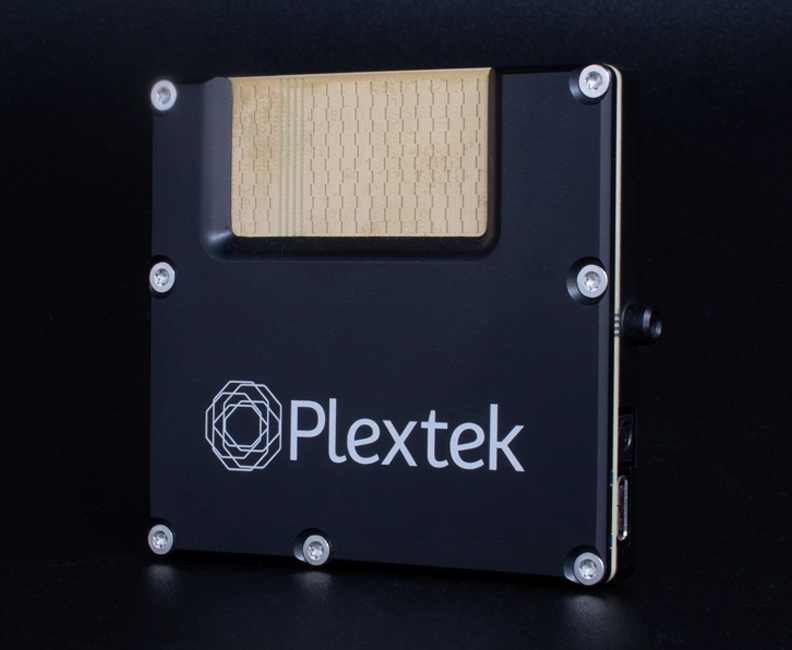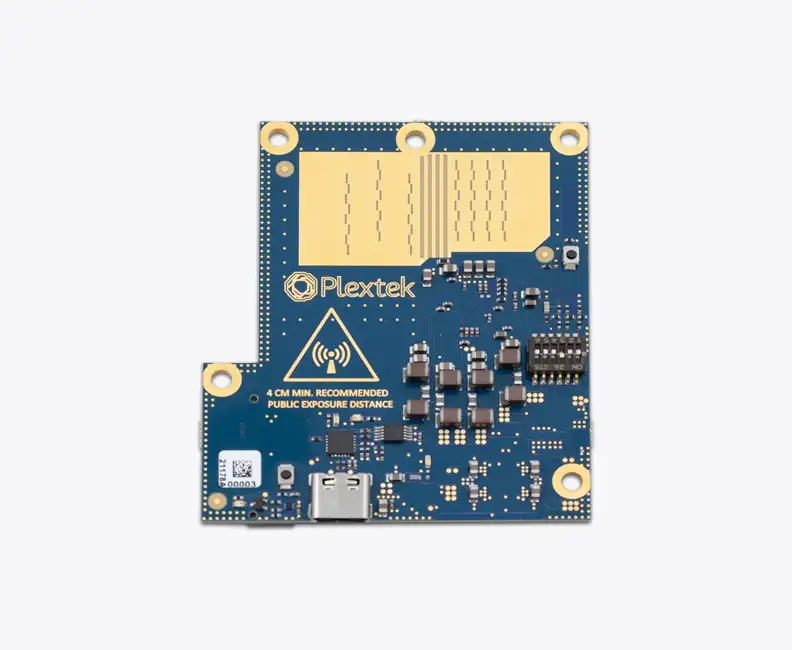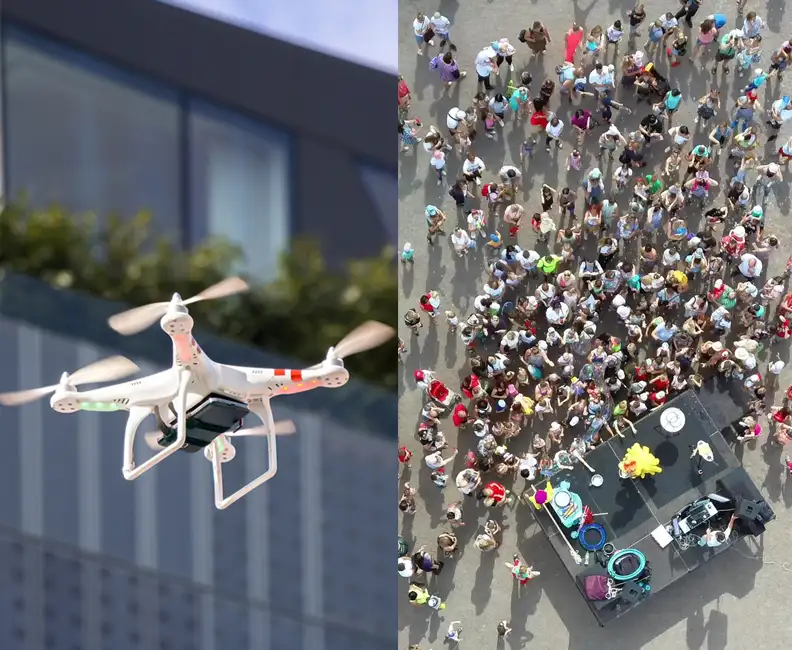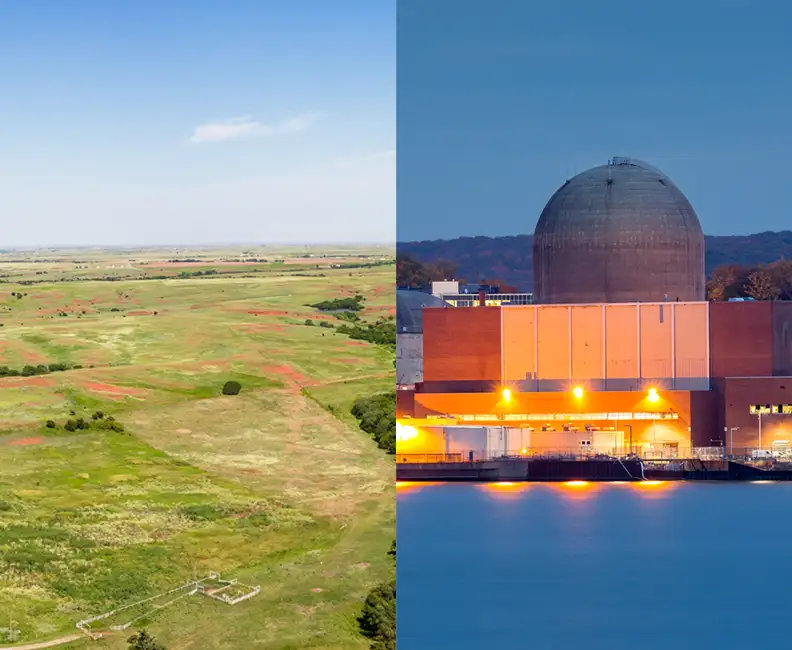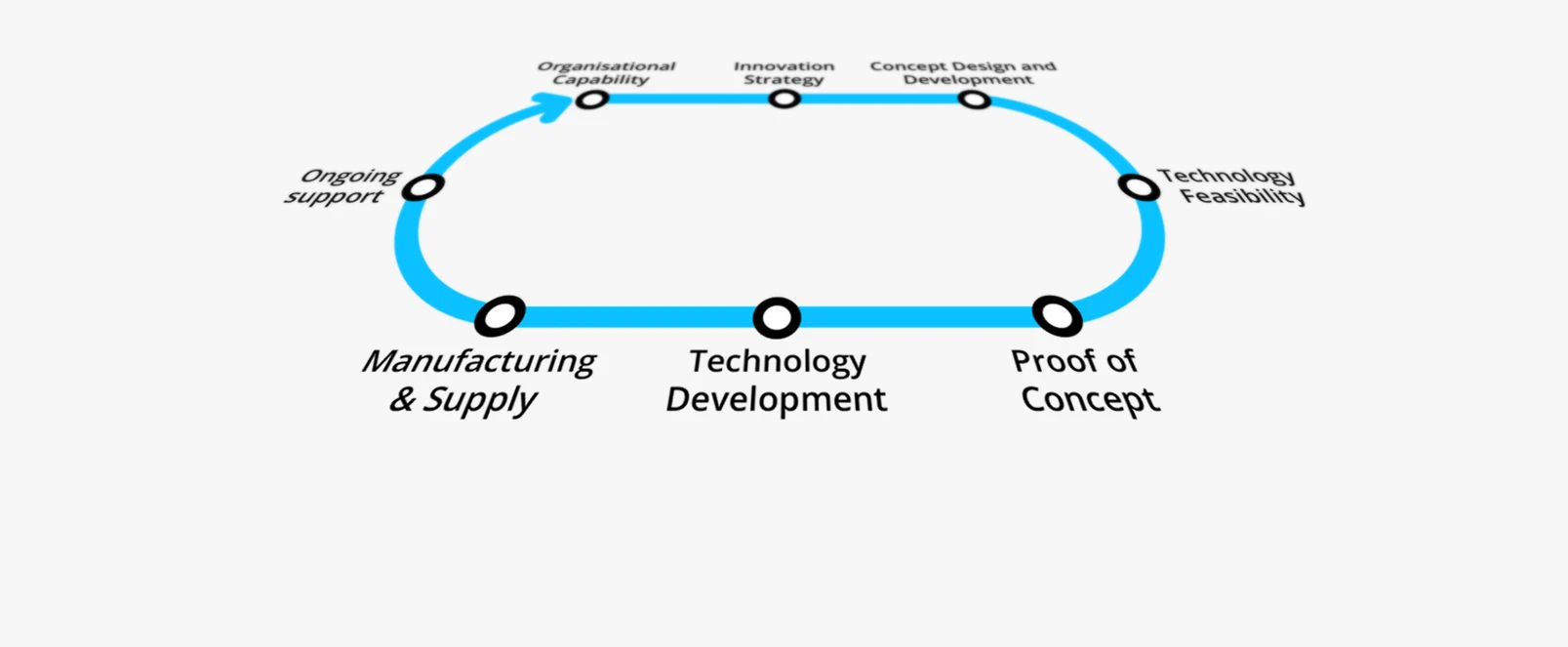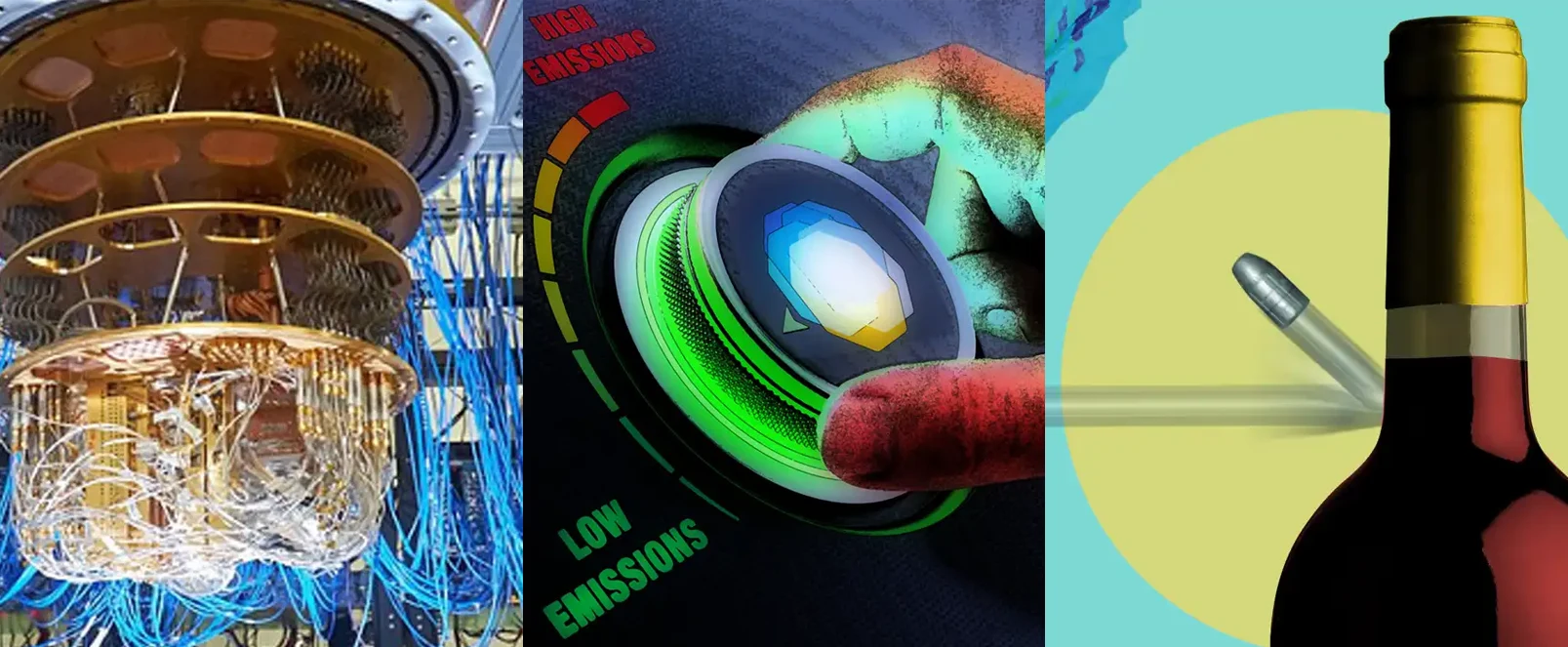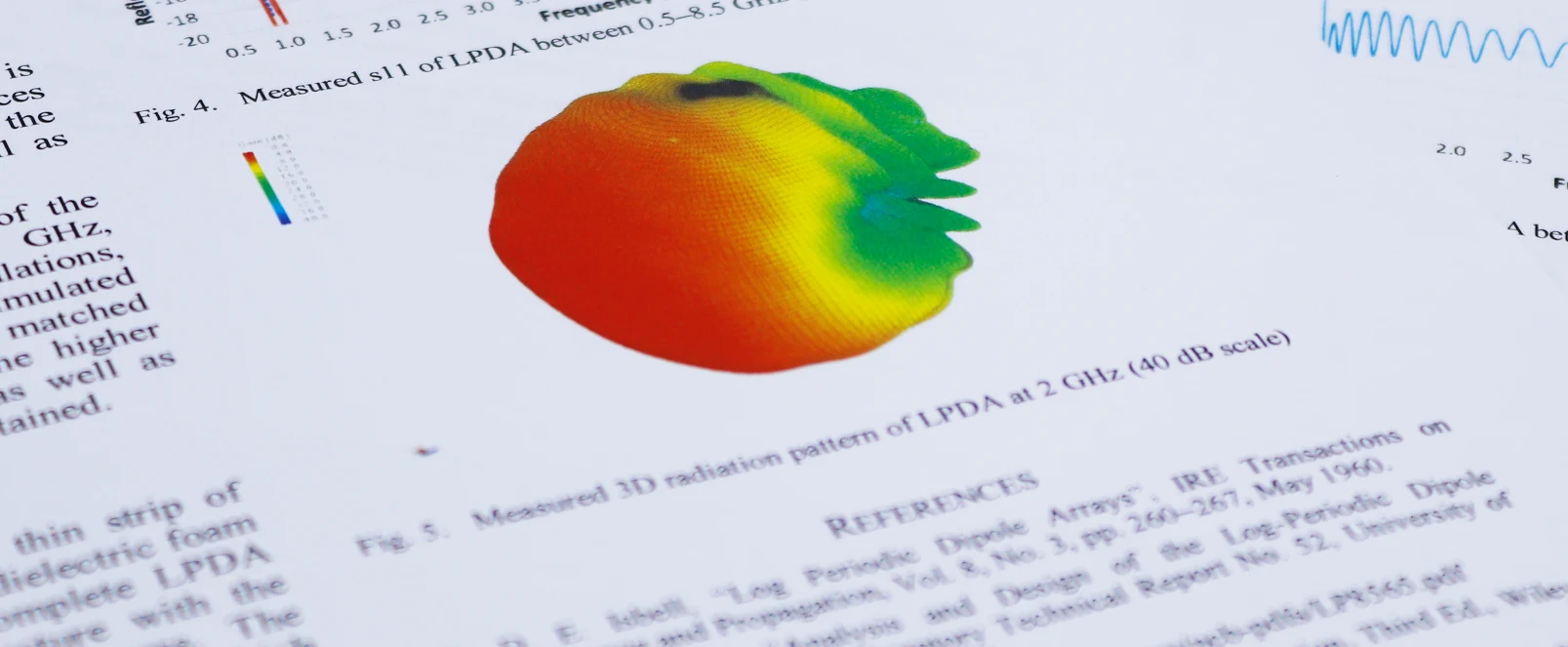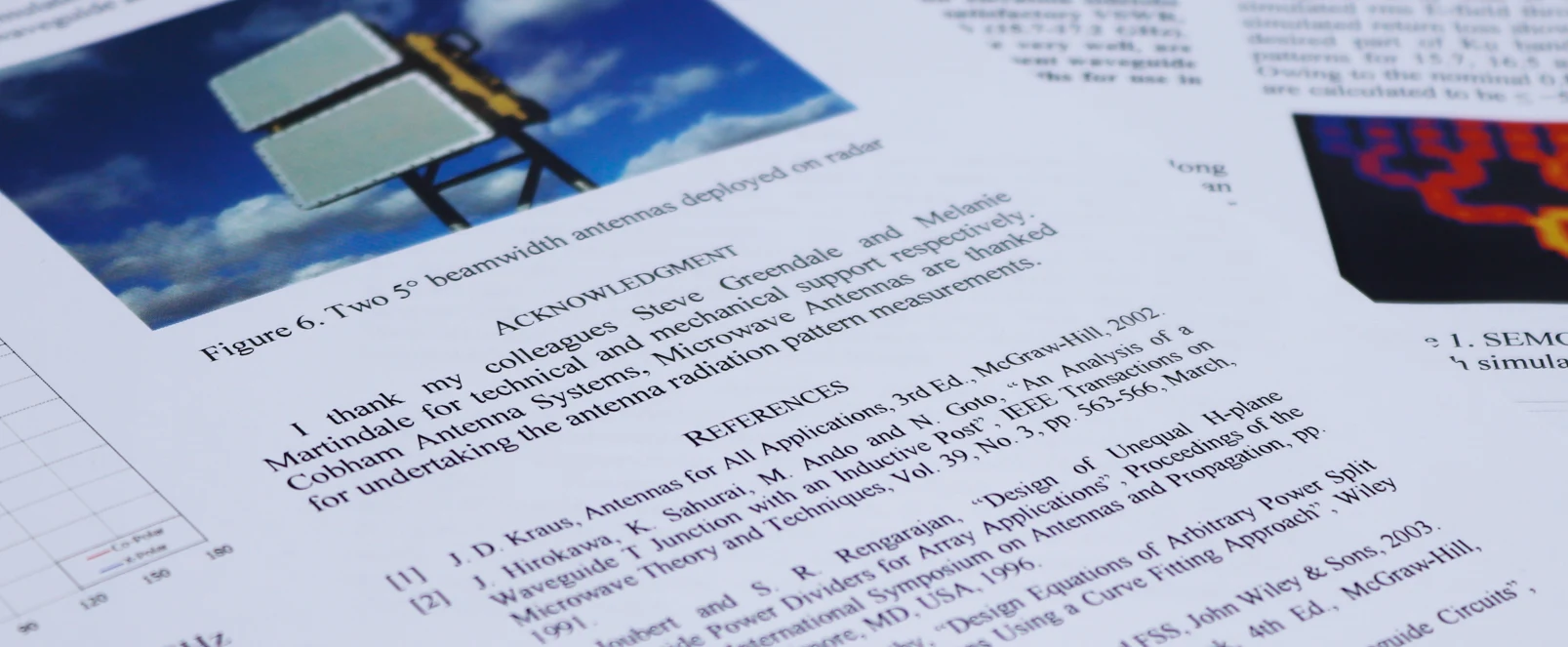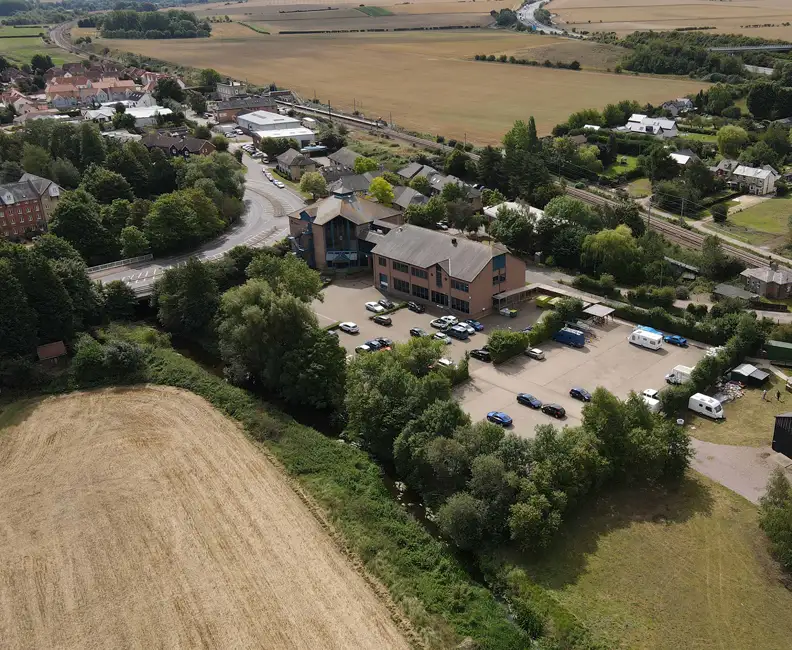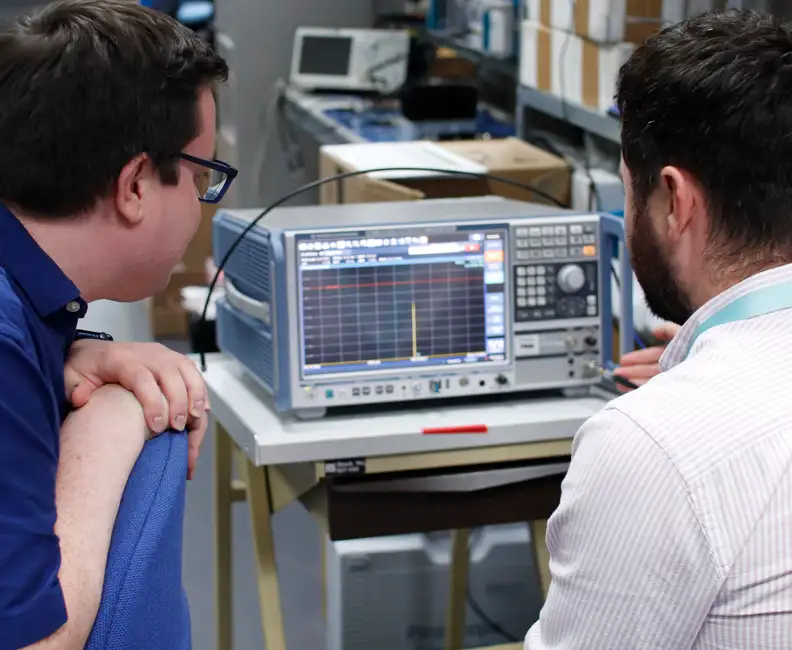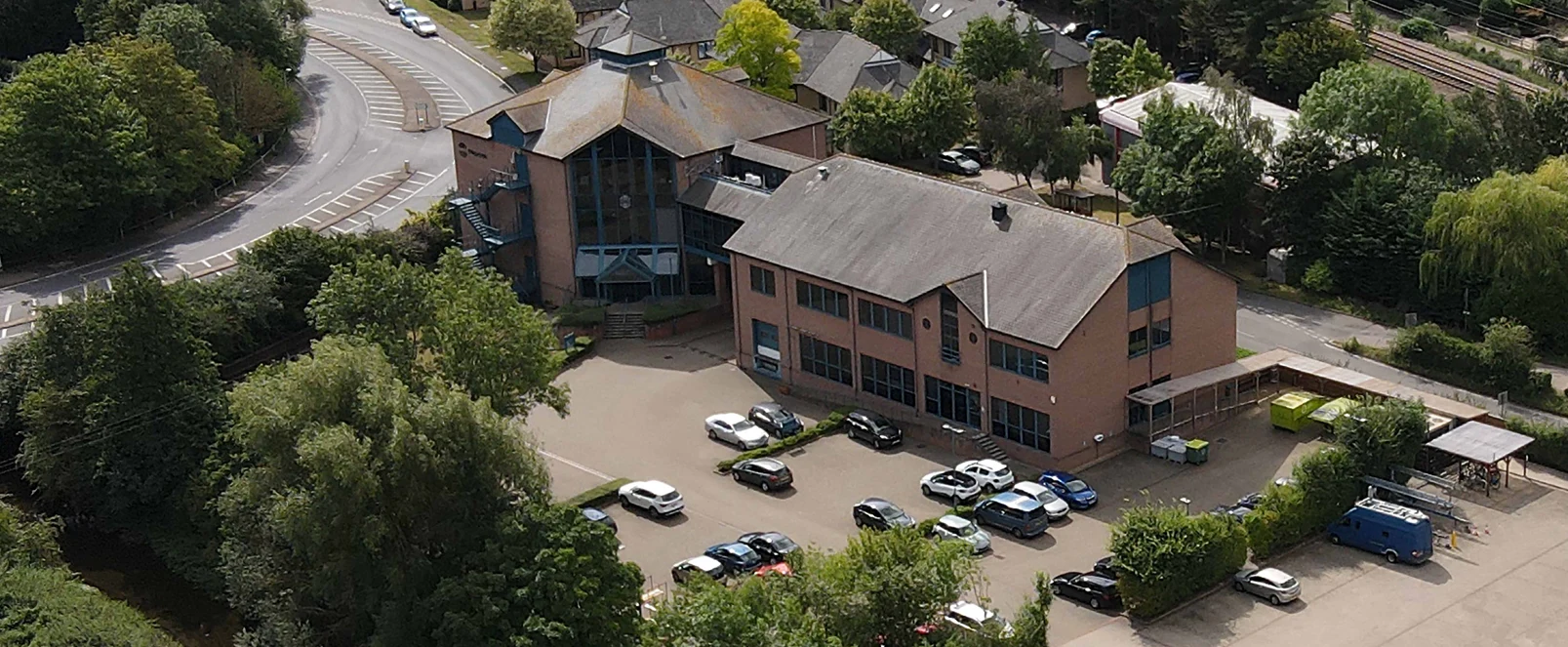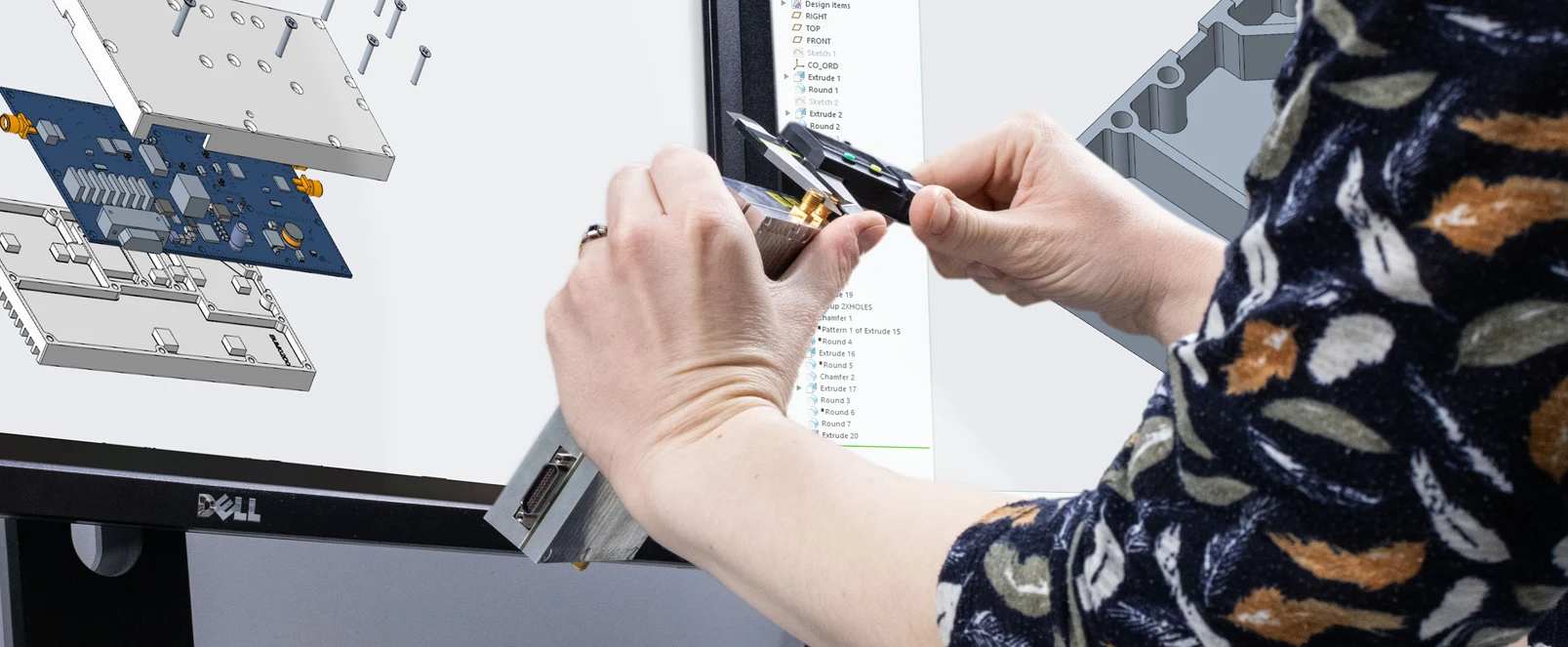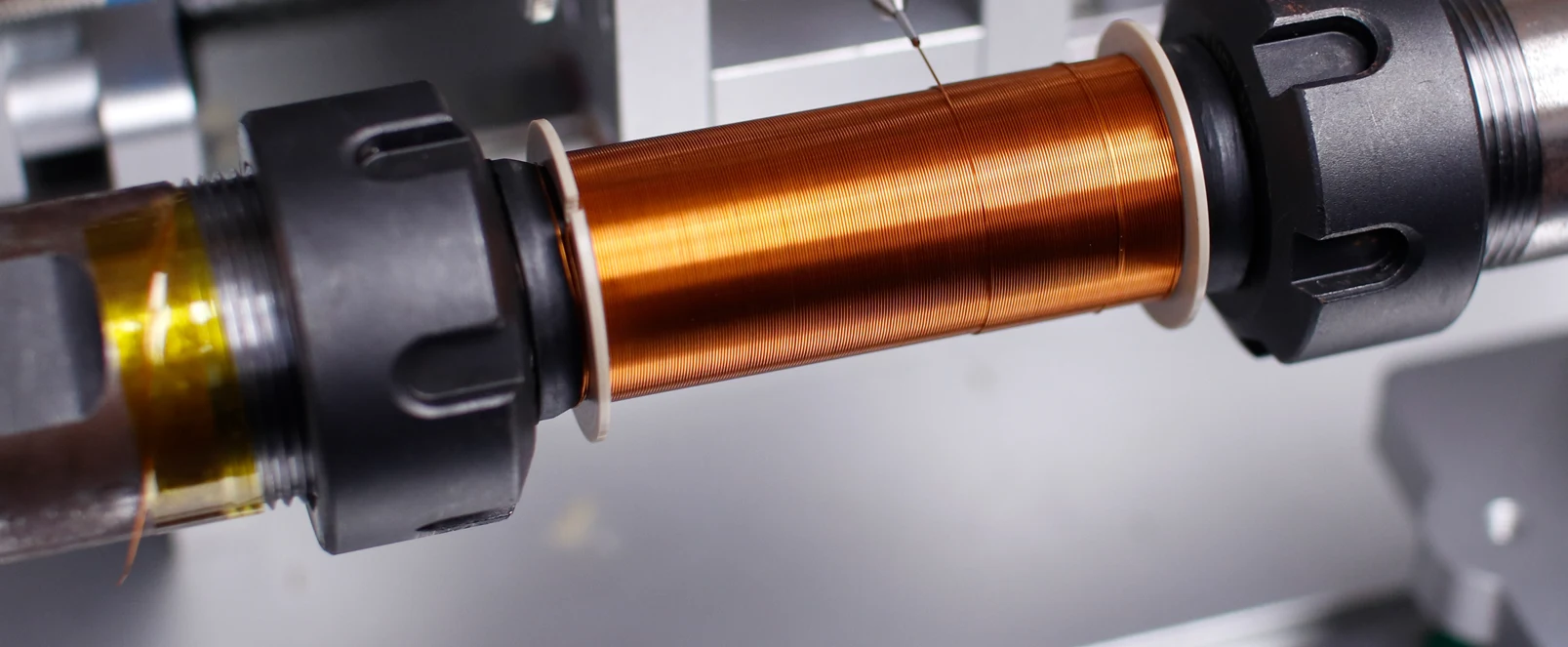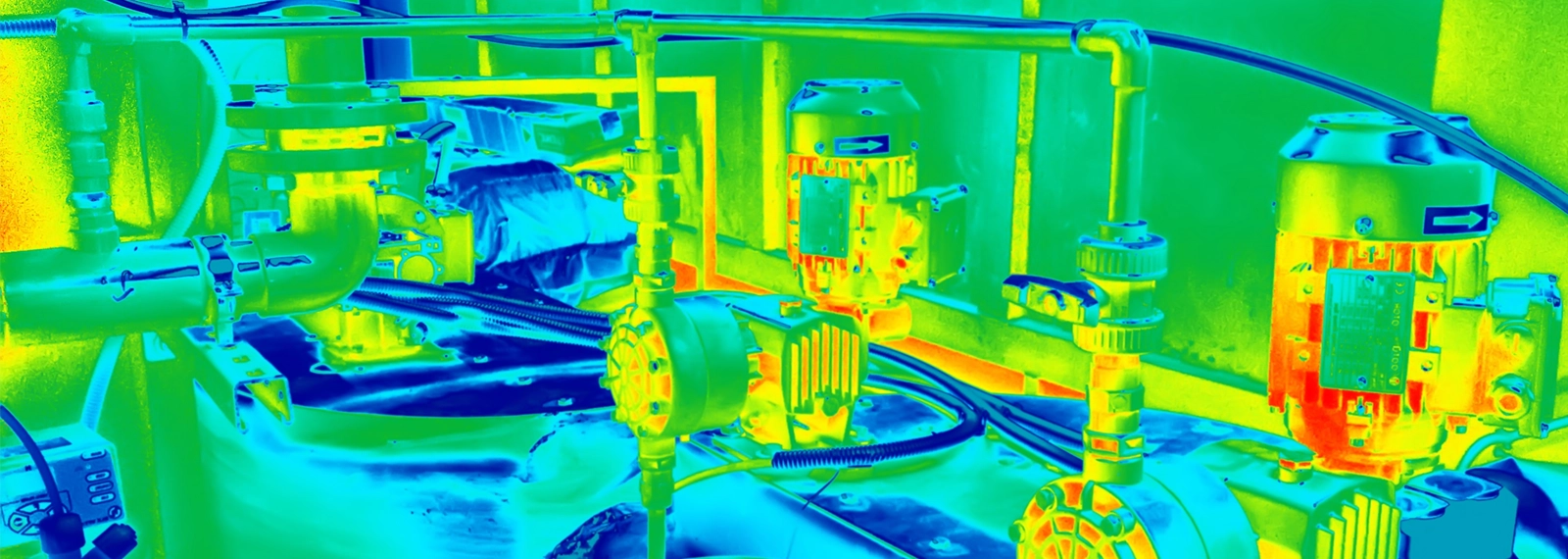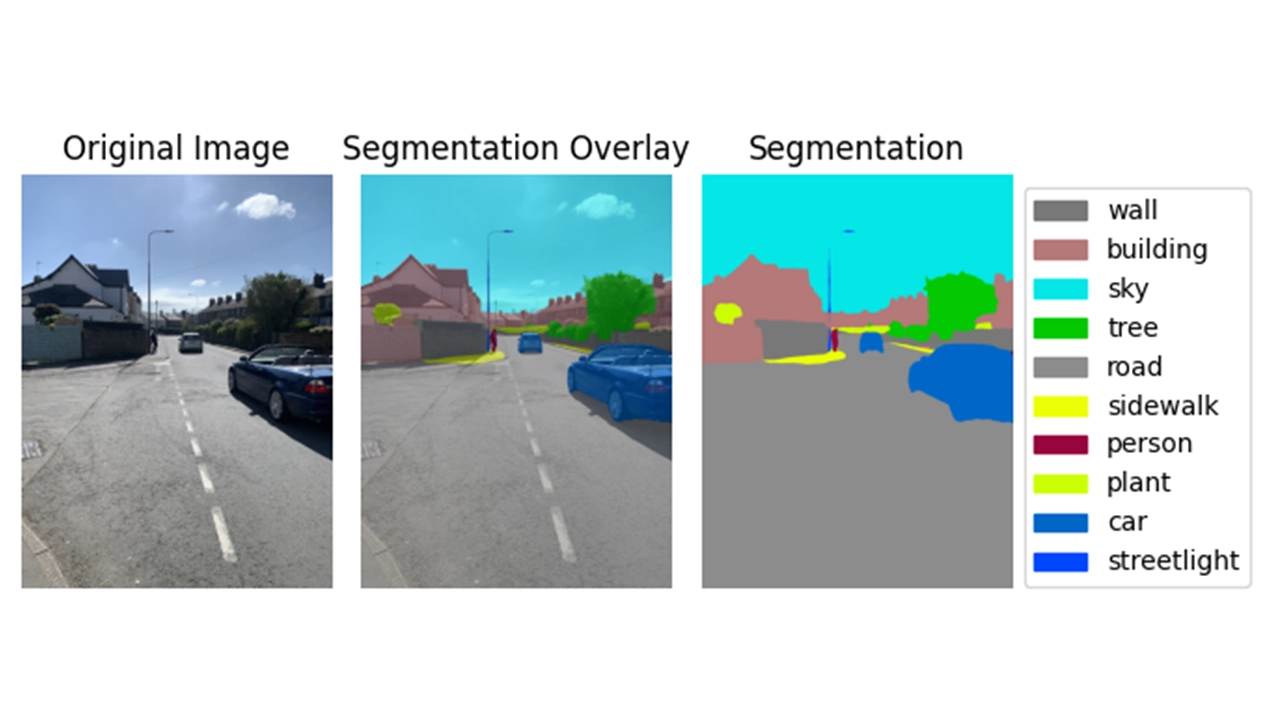
Machine Vision and Image Processing
Turning Images into Intelligence – automated extraction and analysis of vast amounts of actionable information.
In today’s data-driven world, the ability to extract meaningful insights from images and video is transforming industries.
At Plextek, we specialise in world-leading image processing solutions that deliver real-time, high accuracy insights. Whether it’s detecting anomalies in manufacturing, enhancing surveillance with AI-driven threat detection, or optimising traffic systems, our expertise ensures your data works smarter, not harder.
Project: Machine Assisted Machine Learning
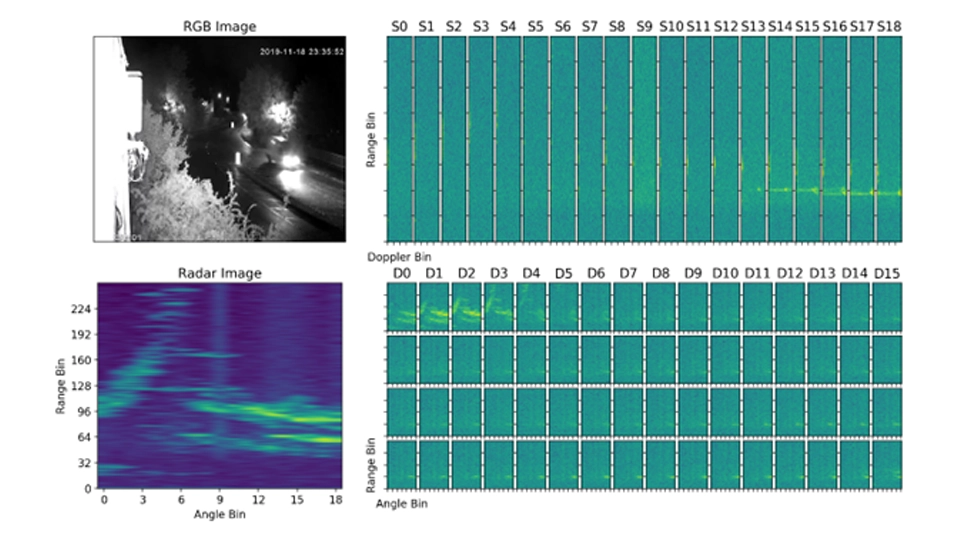
Training a Deep Learning (DL) model requires large quantities of labeled training data to be used as ground truth during the training process. This can be a bottleneck for rapid deployment of new sensors to a platform as data labeling is typically a highly repetitive and person-hour intensive process.
It is commonly assumed that image data can be classified using ready-made DL models. Plextek explored using one such model to provide the ground truth for automatic labeling of radar data, as well as a base model for transfer learning to thermal imagery.
Image processing is more than just capturing images
It’s about understanding them. Plextek’s deep expertise in AI, neural networks and real-time processing enables us to deliver solutions with near-human accuracy in key areas such as:
Project: Removing major bottleneck for Above Surveying
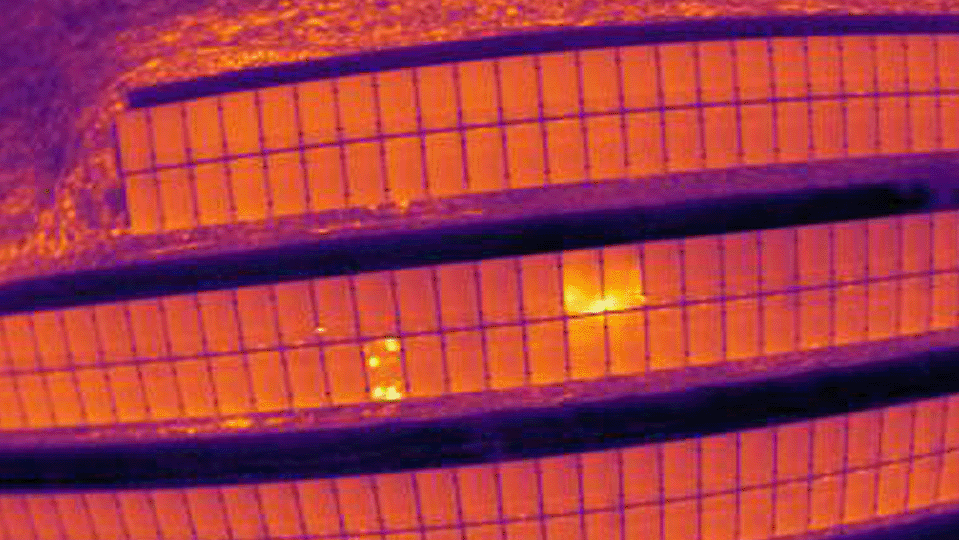
Maximising the efficiency of solar farms is critical for operators, with drones often used to capture precise thermographic and video diagnostic data to warn of any defects.
When Above Surveying approached Plextek for help with automating its labour-intensive post-survey work, the challenge was to translate its data into a format that machine learning tools could process – removing solar glint along the way.
We recommended five areas of investigation along with example processing chains which could improve the client’s current processing workflow to increase overall efficiency and add extra capabilities.
Project: Pairing ML with semantic segmentation
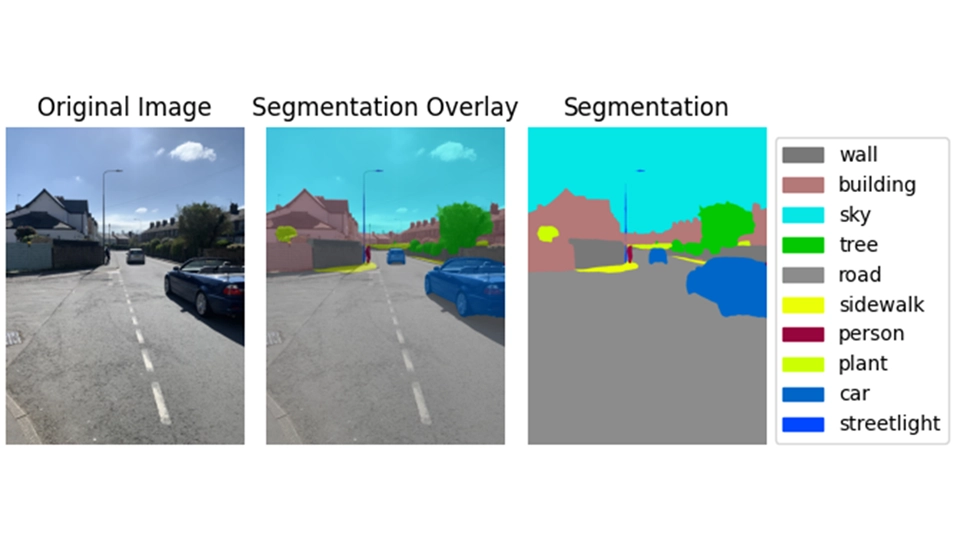
Non-GPS reliant Alternative Navigation (AltNav) methods have been gaining traction recently, one of which being Visual Scene Matching (VSM). VSM algorithms are not well suited to address changing environments, often failing due to vegetation changing with the season, or due to temporary objects being included in the reference points, such as parked cars.
This is where Semantic Segmentation comes in handy, by adding context to the reference images, what objects are temporary or permeant, traditional VSM algorithms can be augmented to greatly improve performance.
Project: Automatic target recognition framework
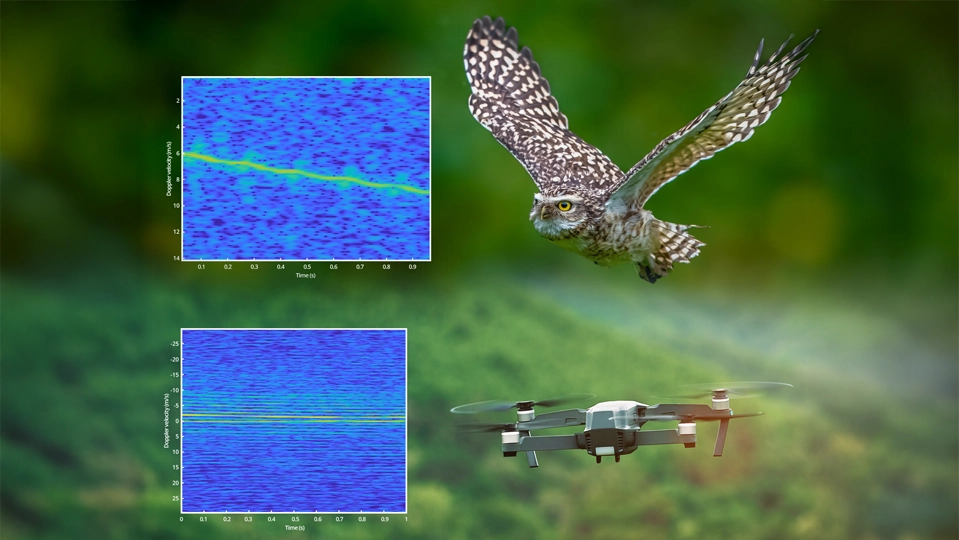
Unauthorised drones flying near airports cause significant safety and security issues and extensive disruption to travellers and airlines. But differentiating between drones and birds can be a challenge for traditional radar, leading to a high rate of false alarm.
In response to this challenge, the Plextek team developed an automatic target recognition framework that enabled a wide range of different ML algorithms to be explored and optimised based on data from our PLX-U16 radar. The ML algorithms exploit the micro-Doppler effect caused by small, internal movements within an object – the rotation of rotor blades on a drone, for example, or wing movements relative to the body of a bird.
The result was the development of an ML classification technique that can accurately distinguish between birds and drones and even identify the type of drone.
Why Choose Plextek?
Extracting useful information from video and image data is a complex challenge – but it’s what we do best. Our team provides end-to-end solutions, including:
- Sensor & Camera Selection – Choosing the right imaging technology for your needs.
- AI & Algorithm Development – Harnessing machine learning for high-performance analysis.
- Hardware & Embedded processing – Delivering efficient, on-device intelligence.
- Rapid Prototyping & Scalable Manufacturing – Ensuring seamless deployment from concept to final product.
With decades of experience in AI, sensing and embedded systems, Plextek is a trusted partner for organisations looking to utilise the power of image processing technology.
An additional area of expertise is the design of bespoke hardware systems for performing embedded processing, which includes ML using specialised hardware, such as:
- Embedded processing
- Edge analytics
- Hardware acceleration
- Low size, weight and power (SWaP)
- PLX-T60 – our configurable mmWave radar module








